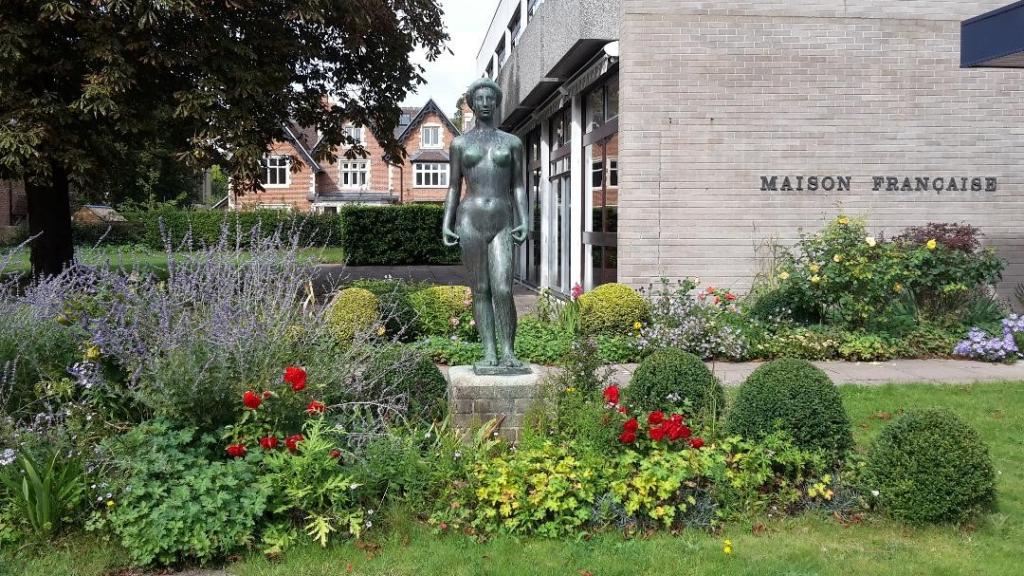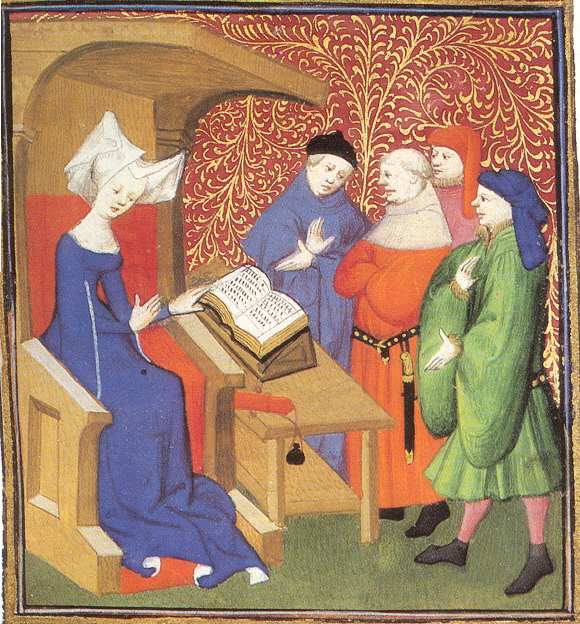Concert: ‘The Oxford Troubadors Return to the Maison Française’
9 May, 7:00pm, Maison Française d’Oxford
We are delighted to welcome back The Oxford Troubadors for an evening of medieval and modern songs in Occitan. The ensemble will perform iconic medieval troubadour pieces, including La Sestina by Arnaut Daniel and Lo riu de la Fontana by Jaufre Rudel, as well as popular modern songs from the repertoires of Peiraguda and Nadau. Expect an interactive experience with audiences often joining in the choruses of these catchy tunes. This event is free, but registration on TicketSource is required.
Lecture: ‘The Birth of the Black Death: New Approaches in World History’ by Patrick Boucheron
29 May, 5:00pm, Pembroke College
We are delighted to welcome Professor Patrick Boucheron for the 2025 Collège de France – Maison Française d’Oxford – Pembroke College lecture. Professor Boucheron will give a lecture on ‘The Birth of the Black Death : New Approaches in World History’. For more details and to register for this lecture, visit this page.
Masterclass: ‘Pourquoi des médiévistes? Penser le contemporain depuis le Moyen Âge’
29 May, 2:30pm, Maison Française d’Oxford
Earlier that day, Patrick Boucheron will be teaching a masterclass at the Maison Française on what medieval history teaches us. Please note that the masterclass will be given in French. Fore more details and to register for this event, visit this page.







